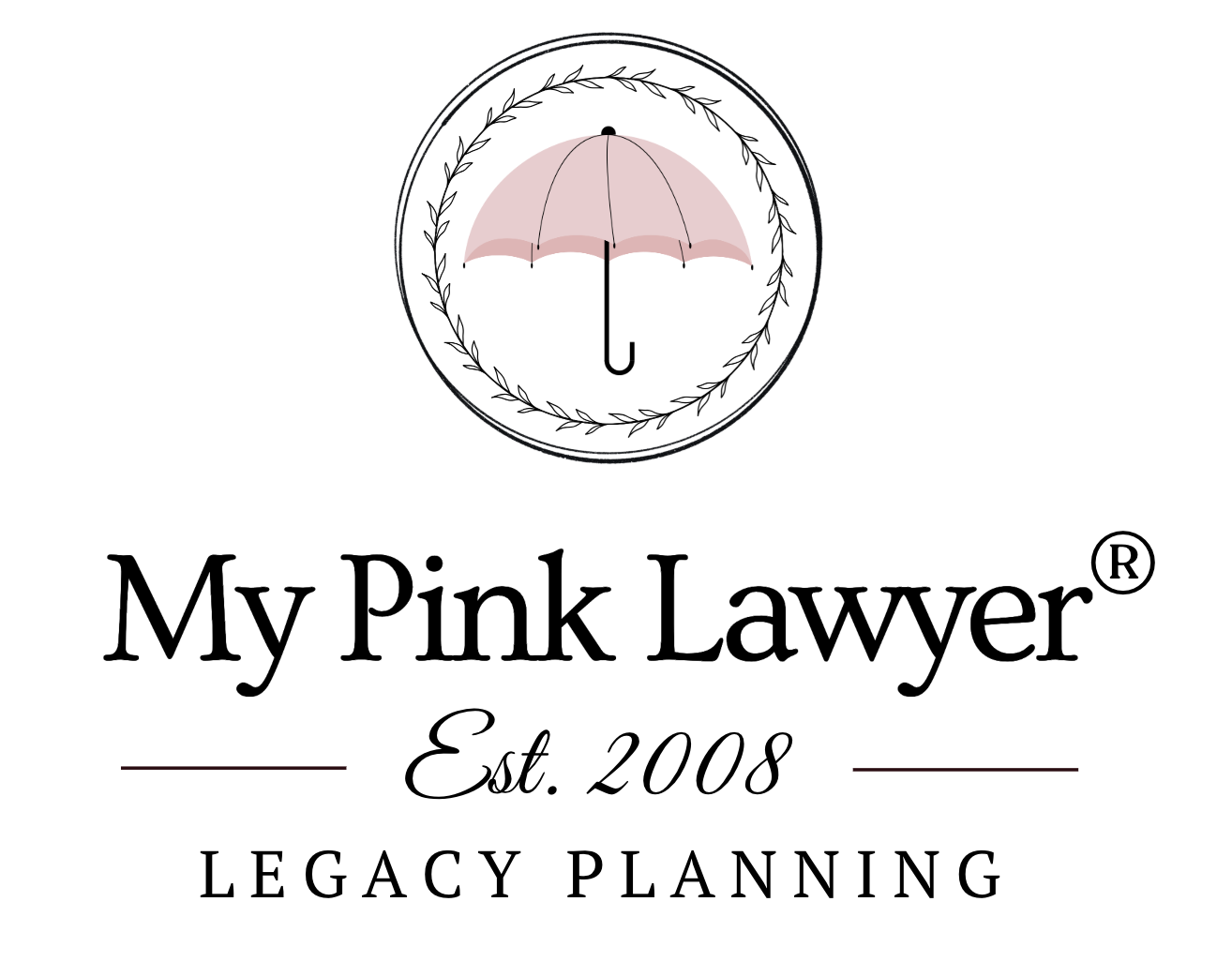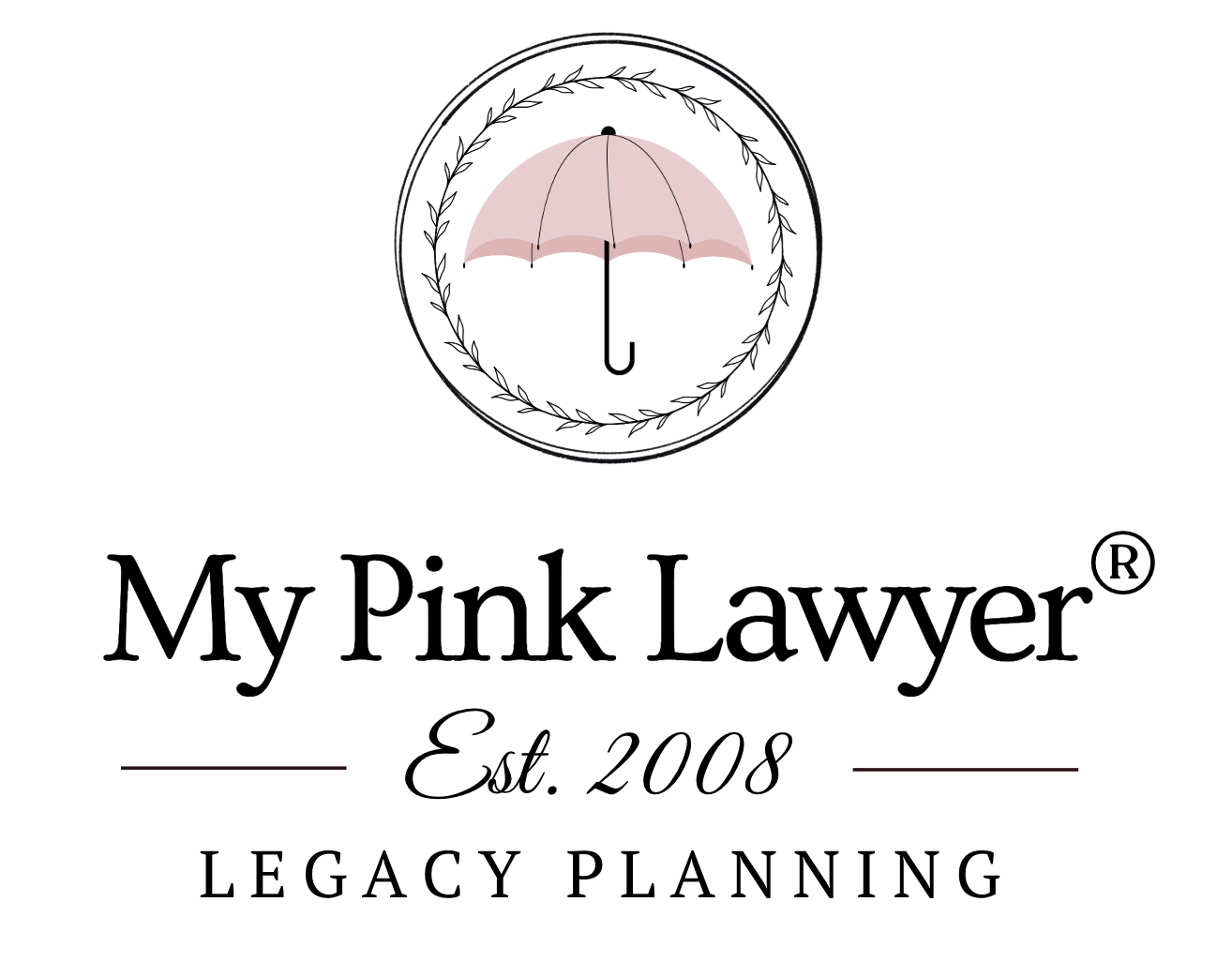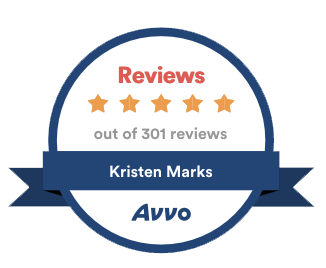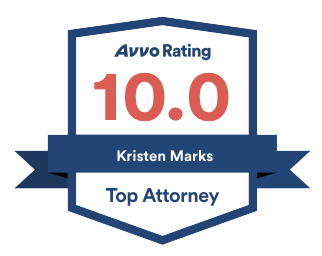The Probate Problem
If you’re like most of my clients, you want to make the transition of your assets and affairs easy and as simple as possible for your spouse and kids when you pass away.
Most folks procrastinate and think that they are either too young and healthy, or too “poor” to plan now.
My thought on the subject of being “too poor” to plan is that you may not be where you want to be financially right now, but I would bet that you’ve worked pretty darn hard to get where you are now.
As for being young and healthy, none of us have a crystal ball and tragedy can strike fast, so pre-planning is critical for the smooth transition of your affairs if the unthinkable should happen prematurely. After all, your loved ones will be grieving for you and why would you want to add additional stress to their lives by making it difficult to handle your affairs when you’re gone?
What is Probate Anyway?
So what is Florida probate anyway?
In a nutshell, probate is the legal court process that becomes necessary when assets or accounts are in a deceased person’s name. In order for those assets or accounts to pass to the people they should, a court process becomes necessary in which a judge appoints an authorized person to finalize a deceased person’s affairs. This authorized person is known as an executor or, as we call them in Florida, a personal representative.
There are several types of probate in Florida which depend upon when the probate is filed in relation to the decedent’s death, the value of deceased person’s assets, and the debts of the decedent.
The time and legal fees involved will depend upon the type of probate that is required.
The most common type of probate is what is known as a formal administration. In this type of probate, a personal representative like I mentioned earlier will be appointed by the court. The timeframe of a formal administration is typically 9 months to a year, and depending on the complexity of the assets, and the family dynamics involved, may take a whole lot longer than that.
The costs for Florida probate can range anywhere from a couple thousand dollars to tens of thousands of dollars.
Some attorneys will charge you hourly and some will charge you a fee based on a percentage of the estate. At My Pink Lawyer, we handle uncontested probate matters differently and charge a flat, fixed fee upfront so there are no surprise bills.
Now that you know what probate is, you might be wondering if there’s a way for your family to avoid it when you’re gone. After all, probate will cost them time, money, and unnecessary government interference in your financial and private affairs.
The good news is that yes, there are several common ways to avoid Florida probate.
Does a Will Avoid Probate in Florida?
But first, let’s dispel a common myth that you might believe and that is that by having a Will, your estate will avoid probate.
Wrong!
What a Will does is provide written instructions to a probate judge about who you want to inherit any of your assets that need to be probated.
So now you're probably wondering what assets would need to be probated.
At the risk of sounding like a smart alec, it is any assets that don’t otherwise avoid probate.
Confused yet? Hang with me here.
Let’s review what assets or accounts DO avoid probate when you die.
Any assets owned by a Living Trust (or any trust for that matter) avoids probate.
So, what is a living trust?
A simple answer is that living trust, a/k/a a living revocable trust, is an estate planning vehicle, similar to a Will, which is used to pass along assets after your death.
Many people choose a living trust over a Will because it is a probate avoidance vehicle.
However, there IS a catch, which is that a living trust only avoids probate for any assets owned by the trust.
Assets that are never transferred into the trust during your life may still need to be probated after you die depending on the ownership and beneficiary status of each asset.
So, although in theory, a living trust does avoid probate, it will only avoid probate for those assets owned by the trust.
Unfortunately, many folks who go to the trouble of establishing a living trust do not actually retitle any of their assets into the trust, which defeats the entire purpose of the trust in the first place!
Make sure if you do choose to use a living trust as a part of your estate plan, that your estate planning lawyer guides and assists you in the transfer of your assets into your trust. And that you actually do transfer your assets into your trust.
We assist our clients with this process at My Pink Lawyer®.
Bottom Line: Whether a living trust avoids probate depends if your trust actually owns your assets.
Naming Beneficiaries of Financial Accounts Avoids Probate.
Another way to avoid probate of your assets or accounts is by naming beneficiaries for them.
It is very common to name beneficiaries for your life insurance, retirement plans, and even bank accounts.
You do so by using the company provided beneficiary form.
The beneficiary form is an agreement you make with the life insurance company or financial institution that when you die, you want them to pay your named beneficiary the monies in the policy or plan.
NO PROBATE IS NEEDED WHEN THERE IS A NAMED LIVING BENEFICIARY ON YOUR LIFE INSURANCE OR RETIREMENT ACCOUNT.
The problem is that many people forget to update their beneficiaries, or even name back-up beneficiaries, should their named beneficiary predecease them.
When there is no living beneficiary for a life insurance policy or retirement account, the life insurance company or financial institution will likely require that a probate be opened in order to claim the funds.
This is unfortunate because oftentimes no probate would be needed at all but for the lack of a named beneficiary on a life insurance policy or retirement account.
Although naming beneficiaries sounds like an easy way to avoid probate for financial accounts, and it is, it is not ideal for every situation. You will want to discuss this with your estate planning lawyer who will advise you on the pros and cons of using beneficiary forms to avoid probate for your particular situation.
If you do decide to use beneficiary forms to avoid probate of your financial accounts, make sure that you have both primary & contingent living beneficiaries on file for all of your life insurance policies and retirement accounts at all times.
Failing to keep your beneficiaries current can cost your loved ones thousands of dollars in unnecessary legal expenses to claim their inheritance.
Joint Ownership of Assets Avoids Probate.
Another way to avoid probate of your assets in Florida is through joint ownership of assets.
There are several ways to co-own property in Florida, two of which include an automatic right of survivorship with no probate necessary.
If you co-own property with another person as “husband and wife”, tenants by entireties, or as joint tenants with rights of survivorship, when one of the owners die, the surviving owner(s) will continue to own the property with no probate necessary.
If, however, you co-own property as tenants in common, there is no right of survivorship and the deceased co-owner’s interest in the property will need to be probated.
Ask your estate planning attorney if you are unsure which way you co-own property.
Let’s Recap Ways to Avoid Probate in Florida:
So let’s recap ways you can avoid probate of your assets when you die to save your loved ones lots of time, headaches, and thousands of dollars in legal fees and expenses.
Contrary to popular belief, a Will REQUIRES a probate in order to pass along your assets.
A Living Trust only avoids probate if your trust OWNS your assets.
Life insurance policies, retirement plans, and other financial accounts only avoid probate if your beneficiary designations are current.
Only co-owned property with specific rights of survivorship will avoid probate.
So, how can you ensure that NO PROBATE will be required for YOUR income and assets?
By making sure that for every financial account, piece of property, and any other asset you own, is either jointly owned with someone else, has a current beneficiary associated with it, or is owned by a trust.
Although more expensive to establish, a living trust is an all-in-one flexible probate avoidance solution when it’s properly funded and maintained.
As discussed, there are other ways to avoid probate too, however, such as the proper use of beneficiary forms and joint ownership of property. Although such methods are not as flexible as a living trust, they might still fit the bill in meeting your planning goals.
The key is working with an estate planning professional to ensure that all of your planning goals are met in the most flexible, economic way possible.
Of course that’s what we specialize in at My Pink Lawyer® for our Florida clients.
I have also written a book that discusses the various ways to avoid probate which you can download for free below.







